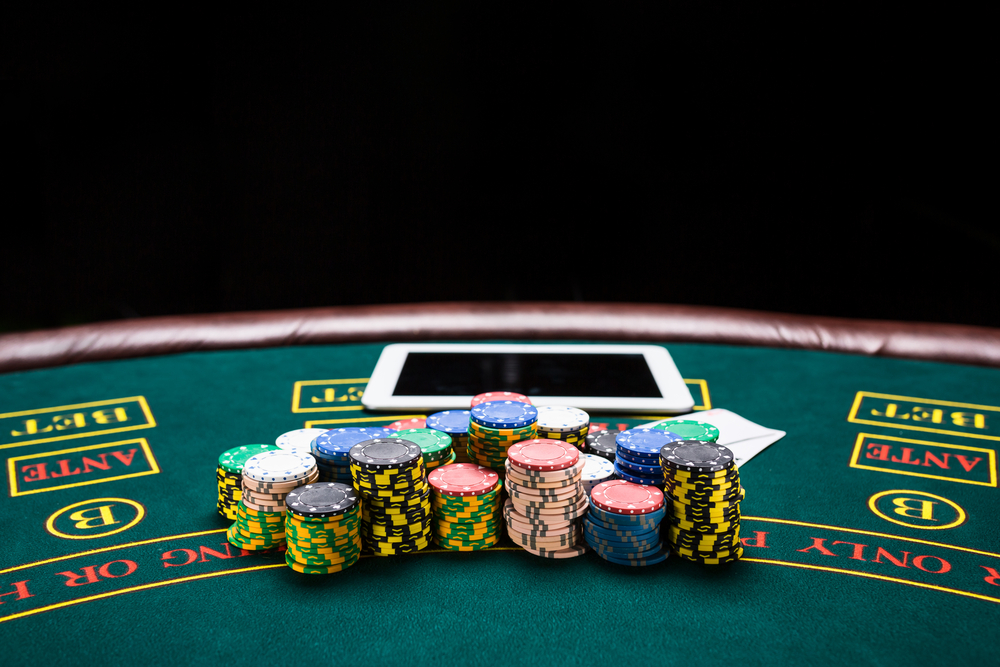Easy Steps To Avoid And Detect Bad Gambling Habits
Small gambling tendencies may seem cute and fun at first, but the fact of the matter is that they can turn into really big problems quite quickly. In this article, we’re going to look at problem gambling, how to detect it, and how to help out those in need.

The Many Faces Of The Problem Gambler
Addiction comes in several forms, and sometimes it is hard to spot. People are strange creatures who have strange habits and even stranger sentiments; sometimes people will go to great lengths to get those habits in order. These lengths (which may be hard to see as problems at first) can easily get out of hand as the problem gambler comes up with new ways to keep the ball rolling. Let’s take a look at some of the key signifiers of problematic gambling.
Obsession
You might have heard people say things like “balance and moderation is key,” or “too much of anything can make you an addict.” These axioms hold timeless weight all over the world, and problem gambling is no exception to the matter. If you suspect a person you know is suffering from obsession then they might be discussing gambling all the time, posting about online UK casinos on social media, and may seem alienated and different then they once were. Obsession is dangerous and unhealthy to say the least.
Money Borrowing
Another telltale sign that someone you know may be affected by problem gambling is that they seem to be borrowing money a lot. This may be hard to detect, as money is a very private construct. However, if you notice that someone you care about is borrowing money from you on more than one occasion, and they are asking for more money when they haven’t paid you back from a previous interaction, then they may be suffering from gambling addiction. Try not to lend out any more money until they have paid you back. While this can be hard to actualize, (as many people become victims of enabling their loved ones) sticking to your guns will go a long way. Tough love.
Tolerance
Gambling has the same side effects as many other illicit drugs; you cannot get excitement from the same amount you once bet before, betting higher and higher until there’s no more money and desperation sets in. This endless loop can affect anybody caught up in the moment. One of the easiest ways of detecting if a person is betting too much is to actually play with said person. If you tend to gamble a bit, know the rules, and how to play, your expertise could be of use if you play a few rounds with a potentially troubled friend, looking for signs of unrestraint. Introducing a nightly limit, or switching to another activity like getting a meal, going for a walk, or playing video games could help offset the need to gamble beyond your set limit.
Lying
Like anybody with problems, they tend to hide them more than talk about them. People often feel like pushing the problem further under the rug, digging into a pit of despair that spirals deeply into a reality based on lies and deceit. This reality gets worse the more the problem gambler continues his or her ways without seeking help. Not catching the lies in their tracks can lead to the affected person thinking that lying is ok, essentially opening up Pandora’s proverbial box.
Responsible Gambling
While there may be countless ways to spot a problem gambler, there are also many ways to gamble responsibly. Gambling responsibly takes several forms. On the one hand, the idea behind gambling responsibly is meant to decrease addictive traits and bad habits in those who choose to play the game.
For example, introducing a nightly limit, gambling with a partner or in groups, or limiting the amount of alcohol ingested could all contribute to reaching a more “responsible” level of gaming. Reducing the amount of triggering circumstances can also help lower the urge to gamble. Sure, these urges may be hard to suppress, which is why those providing the game must uphold the idea of “responsibility” as well. Online and land-based casinos must put out ads and warn the public about the dangers of gambling, as well as be fair when it comes to paying out winners by not fixing games. So, while many think that responsible gambling is solely attributed to the gamblers themselves, the institutions providing this type of entertainment must also act responsibly and earnestly.